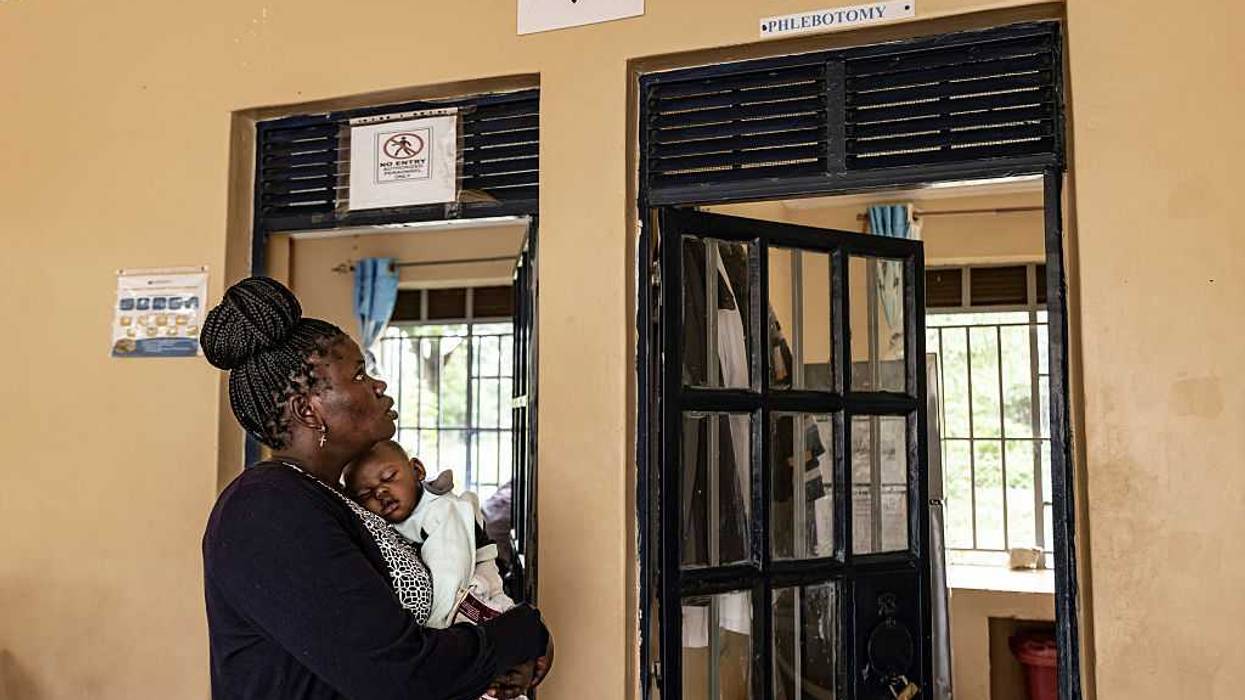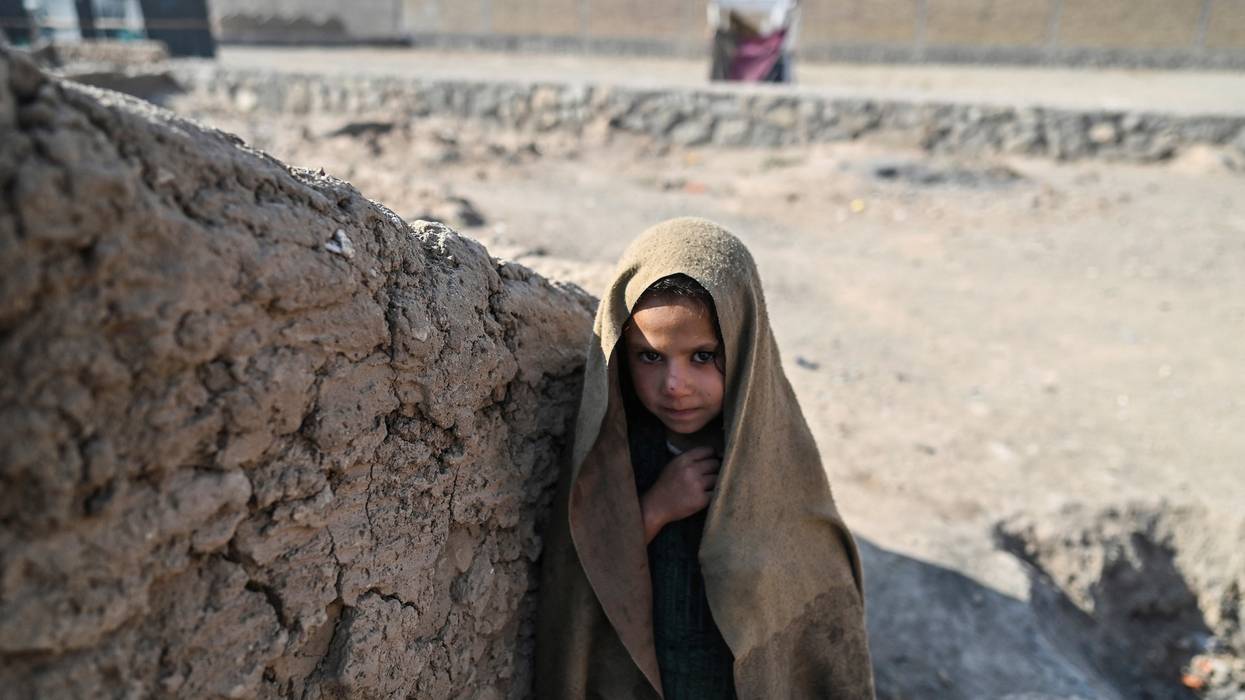Stop Tyrant Trump's Lawless Attack on the Regulations Keeping Us Safe
Trump deserves Impeachment and Removal from Office. Congress should act now, before more Americans die, get sick, or are injured from the destruction of long-established, critical protections.
“Deregulation” is an antiseptic word loved by the giant corporations that rule the people. In reality, health and safety “deregulation” spells death, injury, and disease for the American people of all ages and backgrounds. This is especially so with the deranged dictates from the Tyrant Trump, who is happily beholden to his corporate paymasters, who are making him richer by the day.
President Donald Trump’s mindless deregulation mania got underway in January 2025 with his illegal shutting down of the US Agency for International Development (USAID), which has saved lives in poor countries—by providing food, water, medicine, etc.—for a pittance. USAID spends less in a year than the Pentagon spends in a week. International aid groups predict that the ongoing cuts could lead to 9.4 million preventable deaths occurring in poor countries by 2030 unless the vicious and cruel, unlawful Trumpian shutdown is reversed.
It turns out Trump was just warming up for his illegal violence against innocent American families in both blue and red states. He has abolished requirements for the auto industry to limit its emissions and maintain fuel efficiencies. The result: more disease-bearing gases and particulates into the lungs of Americans, including the most vulnerable—children and people suffering from respiratory diseases.
Trump wants to roll back the regulations that would require auto company fleets to average 50 miles per gallon by 2031. In 2024, the US Department of Transportation’s National Highway Traffic Safety Administration said its proposed vehicle fuel economy standards would save Americans more than $23 billion in fuel costs while reducing pollution.
Rather than faithfully execute federal laws, and ensure the well-being of the people, Dictator Donald is using his position and time in the White House to enrich himself and to get his name on anything he can get away with.
Month after month, Trump is illegally reducing or shutting down lifesaving programs without the required congressional approval. One of his major targets is the US Environmental Protection Agency (EPA). This month, his puppet EPA head, Lee Zeldin, celebrated the elimination of lethal greenhouse gases from the EPA’s regulatory controls. Zeldin and Trump are in effect telling Americans, “Let them breathe toxic air.” Plus, more climate catastrophes.
Smothering wind and solar projects while boosting the omnicidal polluting oil, gas, and coal production is another way Trump is exposing people to sickening gases and particulates. A corporate cynic once joked, “No problem, you can always refuse to inhale.”
Trump’s treachery toward coal miners, whom he praises, is shocking. He cut the funds for free testing of coal miners’ lungs, often afflicted with the deadly black lung diseases that have taken hundreds of thousands of coal miners’ lives over the past century and a half. We worked to pass the Federal Coal Mine Health and Safety Act of 1969, to control the levels of coal dust causing this disease, but Trump is unraveling it by cutting law enforcement. The Trump administration says it is “reconsidering” the long-awaited proposed silica control regulations. More unnecessary delay. In 2024, Politico reported that “Mine Safety and Health Administration projects that the final rule will avert up to 1,067 deaths and 3,746 silica-related illnesses.”
In his mass firings of federal civil servants, Trump has included the ranks of federal safety inspectors for meat and poultry plants (USDA), for occupational health and safety (OSHA), and specialized areas like you would never imagine—such as nuclear security. Tyrant Trump worsened the potential danger for workers and communities by firing most of the inspectors general—again illegally—who are the powerful watchdogs over federal departments and agencies. Many inspector general positions are still vacant.
In terms of short and long-run perils, Trump’s attacks on scientific research and discovery to reduce or prevent diseases would be enough to give him the grisly record for knowingly letting Americans die. The assault on vaccines, including for contagious diseases, is staggering, led by RFK, Jr., the secretary of Health and Human Services.
RFK, Jr. becomes more extreme by the day. His actions go way beyond any legitimate skepticism of the drug companies. He is going along with officials in states like Florida who are about to ban children’s vaccine mandates, even for polio, measles, and whooping cough. He has severely slashed, without congressional authority, budgets for basic and applied science programs underway at universities and other public institutions. His salvos are resulting in the reduction of families getting their children vaccinated, who, if contagious, could infect their classmates. The so-called powerful medical societies have not risen to their optimal level of resistance to what is fast coming, a green light for epidemics—starting with the resurgence of measles now underway in places like South Carolina.
The crazed Menace-in-Chief wanted to abolish the Federal Emergency Management Agency (FEMA) and its rescue responses to hyper-hurricanes, floods, and giant wildfires. He recklessly says the states can handle the carnage from such disasters. The real reason is that he doesn’t want to be held responsible for failing to properly respond to such disasters. Remember the criticism of George W. Bush’s response to Katrina?
Again, with Trump, it is all about him, feeding his insatiable MONSTROUS EGO, rather than saving American lives. Recently, tragic events have forced him to reconsider. He is bringing back some of the experts and rescuers he fired from FEMA earlier last year.
Rather than faithfully execute federal laws, and ensure the well-being of the people, Dictator Donald is using his position and time in the White House to enrich himself and to get his name on anything he can get away with—the John F. Kennedy Center for the Performing Arts, the US Institute of Peace, the US Treasury Department’s relief checks during Covid-19, the federal investment accounts, special visas, and a discount drug program. (See the February 16, 2026, article in the New York Times by Peter Baker titled, A Superman, Jedi and Pope).
Chronically lying; threatening violence against his opponents and people abroad; slandering anyone he feels like via the compliant mass media, including journalists and editors; and generally wrecking America as a serial law violator, Trump deserves to be told, “YOU’RE FIRED.” (This was his favorite TV show catchphrase). Trump deserves Impeachment and Removal from Office. Congress should act now, before more Americans die, get sick, or are injured from the destruction of long-established, critical protections under both Republican and Democratic administrations.


